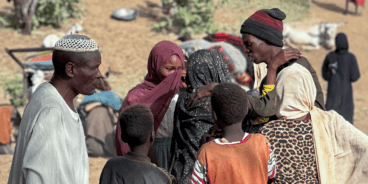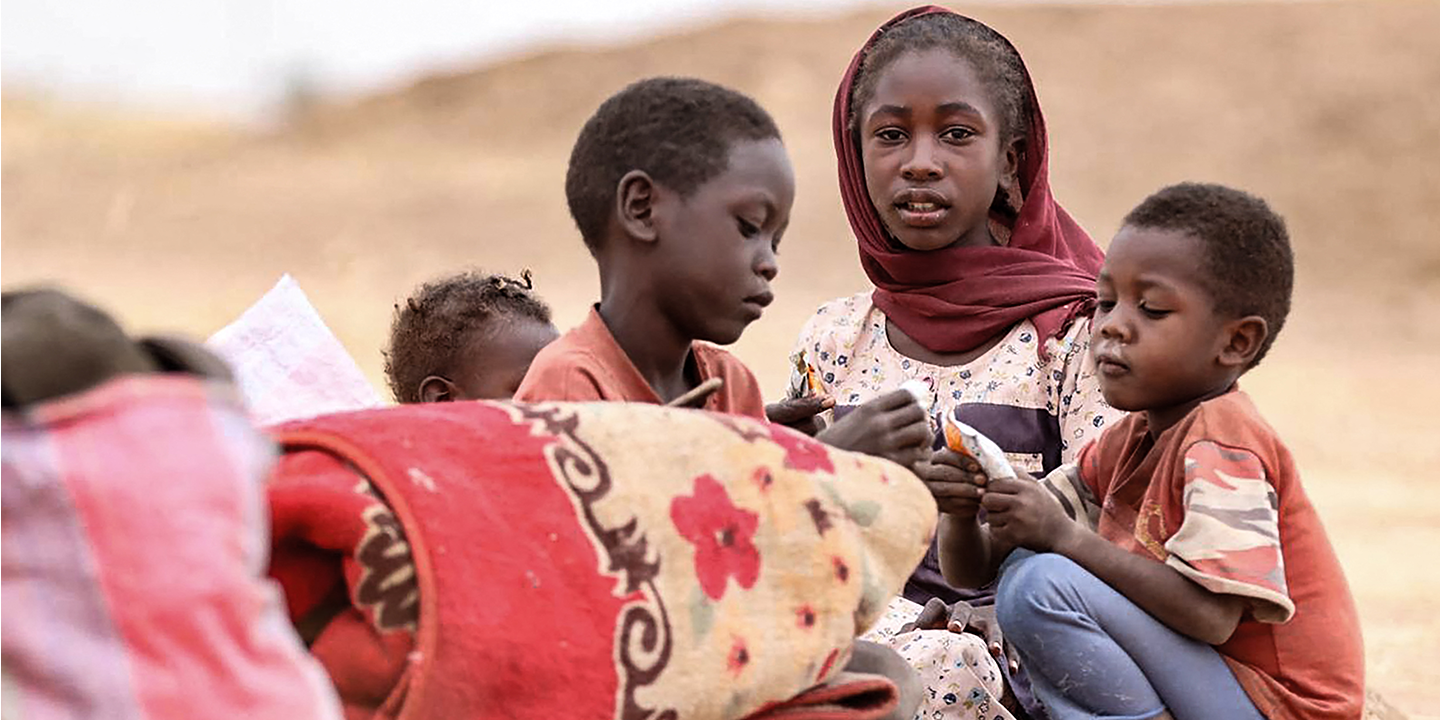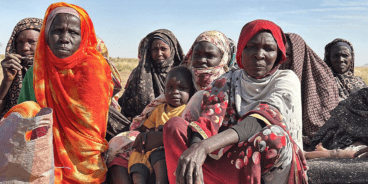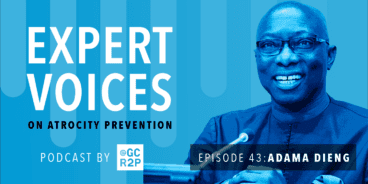

Urgent alert on the risk of genocide in North Darfur, Sudan
In recent days credible reports indicate that the paramilitary Rapid Support Forces (RSF) have launched an attack on Zamzam, the largest displacement camp in Sudan’s North Darfur region, and surrounding communities. The RSF’s assault on Zamzam – a camp sheltering hundreds of thousands of displaced people, predominantly from the Zaghawa population, who were displaced during the 2003-2005 genocide – appears to be a continuation of their campaign of ethnic cleansing of non-Arab communities, potentially amounting to genocide.
On 11 and 12 February the RSF reportedly attacked the eastern side of Zamzam camp with heavy weapons, artillery shelling and small arms. During the attacks, the RSF set fire to the camp’s main eastern market and several homes, while also looting and destroying vehicles and property. Famine was officially declared in Zamzam in August 2024. The direct shelling of the main market further exacerbates the vulnerability of the camp residents.
The Yale School of Public Health’s Humanitarian Research Lab has confirmed that arson attacks and structural damage have been concentrated in the camp’s eastern areas, particularly near the B26 and A43 roads at the northeastern entry point, where several structures have been destroyed. The pattern of thermal scarring across the camp is consistent with deliberate razing during a ground offensive. The attacks have also led to violent clashes with the Joint Forces – a coalition of Darfuri armed groups aligned with the Sudanese Armed Forces (SAF) – within the camp itself. Although the SAF claim to have repelled the RSF attacks, the situation remains highly volatile.
The attack on Zamzam is not an isolated incident, but rather directly linked to the ongoing siege of El Fasher and a wider pattern of the RSF systematically targeting non-Arab communities. For months, the RSF have been consolidating their territorial control around El Fasher, the capital city of North Darfur and the last major city in the Darfur region not yet under RSF control, cutting off crucial supply routes and intensifying attacks on surrounding areas. The Global Centre for the Responsibility to Protect has sounded the alarm for months, warning that the deliberate attacks on El Fasher and displacement sites like Zamzam – in conjunction with the destruction of critical civilian infrastructure – raises the risk of genocide for non-Arab communities.
Since the outbreak of the conflict between the SAF and RSF in April 2023, various UN officials and civil society organizations, including the Global Centre, have repeatedly warned about the risk of genocide and the ethnic dimensions of the violence in Darfur and other regions. Despite these warnings, the international community has been unable to effectively uphold its responsibility to protect and prevent the commission of atrocities. It is imperative that the UN Security Council (UNSC) immediately responds to this latest escalation in Zamzam and urgently continues its efforts to address the crisis in Sudan by adopting a resolution with effective measures specifically aimed at the protection of civilians and the prevention of any further escalation in civilian harm. Those with leverage over the RSF, including the United Arab Emirates, must urgently use their influence to pressure the group to halt its campaign of ethnically motivated killings, allow humanitarian access and commit to a ceasefire to prevent further atrocities.
The international community, including the UNSC and the African Union, as well as UN member states, must use their leverage and diplomatic channels, far-reaching sanctions and public condemnation to pressure the SAF, the RSF and allied militias to immediately end the violence.
Now, more than ever, there is an urgent need to take action and uphold the shared commitment to ending atrocity crimes in Darfur. To be effective, the international response to the current risks must be swift, unified and sustained. Without robust and coordinated efforts, the situation in Darfur will continue to deteriorate, with catastrophic consequences for the civilian population.
Related Content


Joint Statement: Genocide Returns to Darfur
